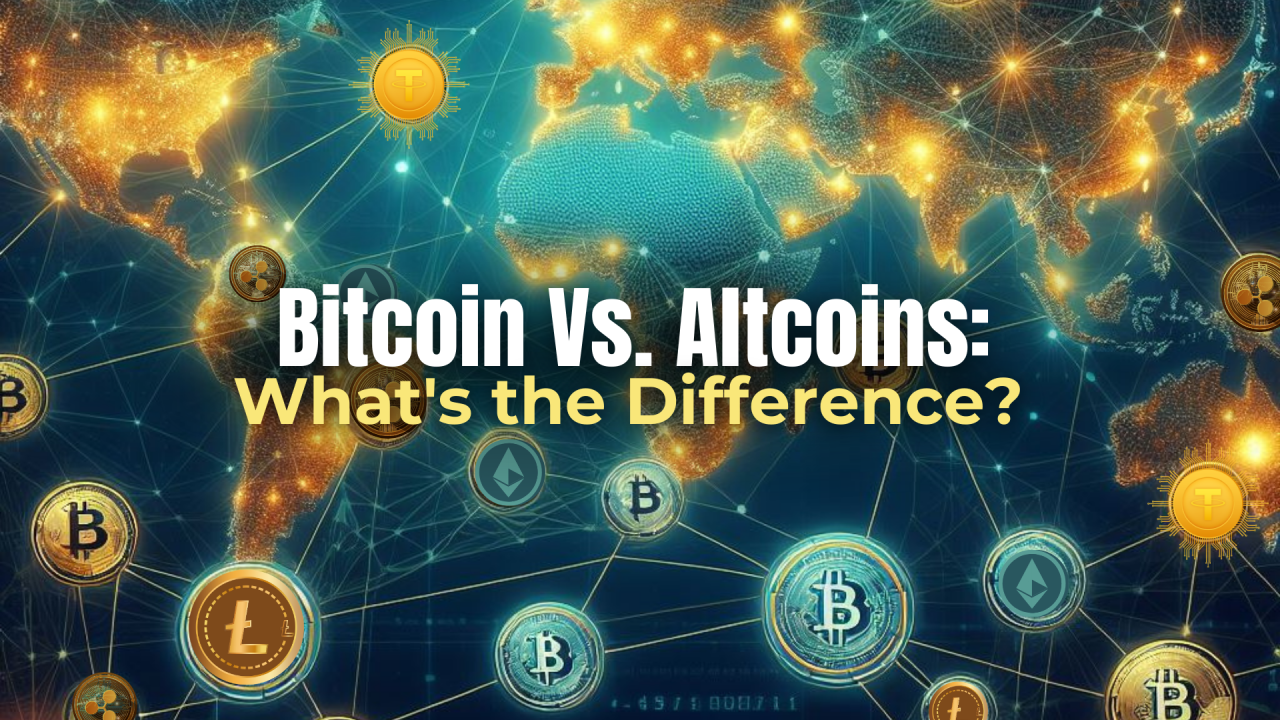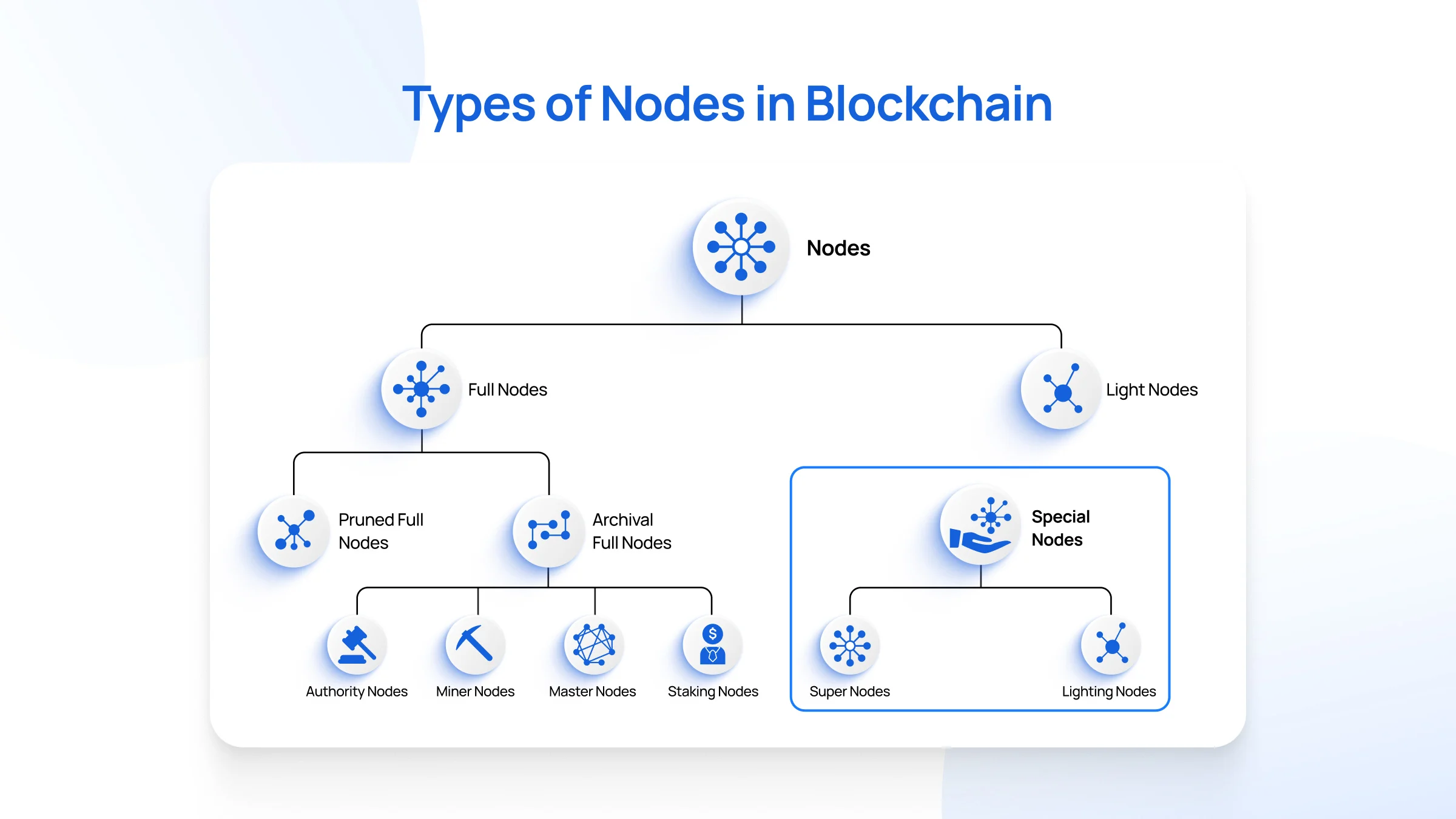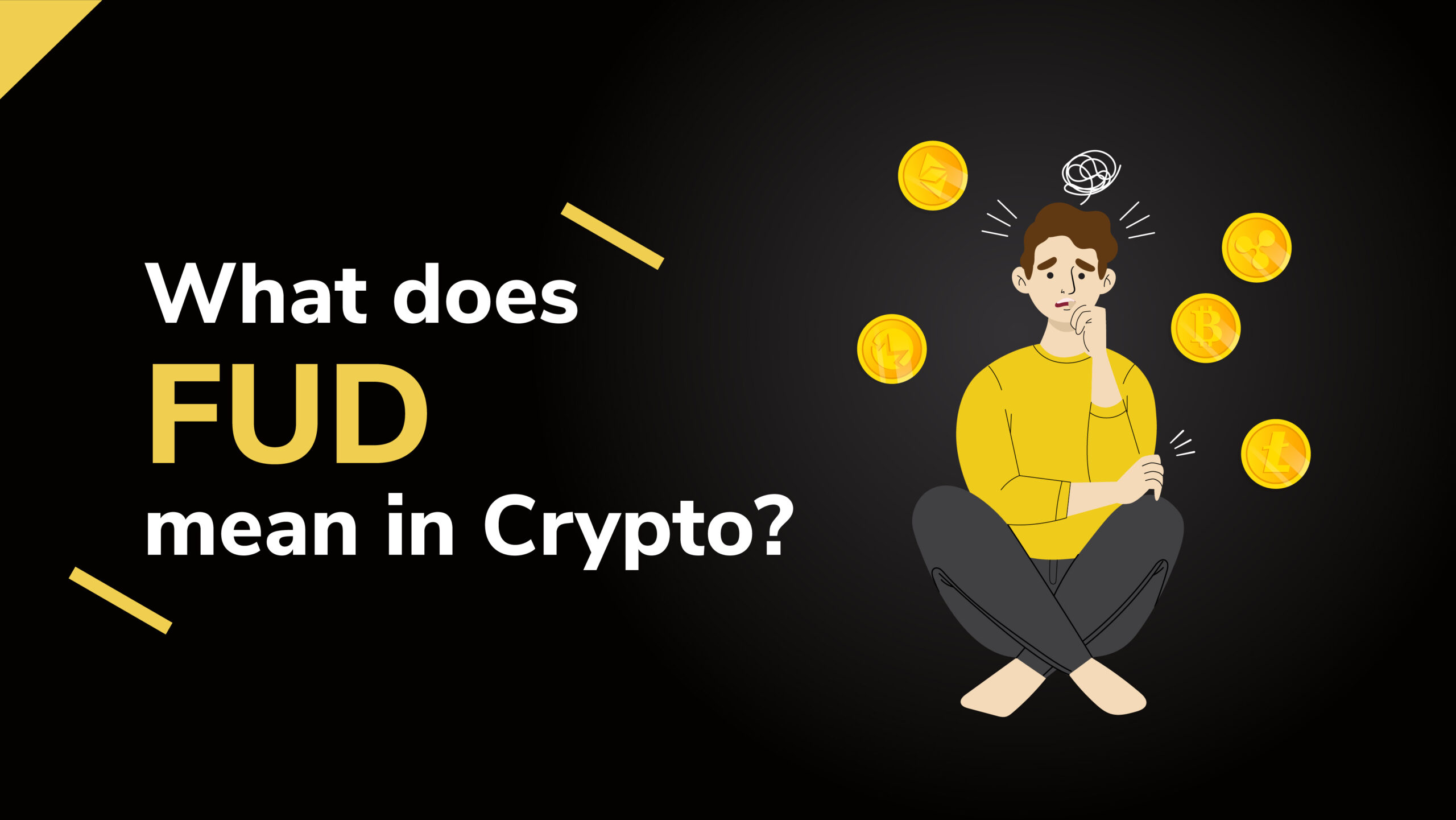Bitcoin vs Altcoins: Full Comparison & In-Depth Analysis
Since the launch of Bitcoin in 2009, the cryptocurrency world has seen explosive growth and innovation. While Bitcoin remains the most well-known and valuable crypto asset, the rise of altcoins—alternative cryptocurrencies like Ethereum, Litecoin, Ripple (XRP), and others—has created a vibrant and diverse ecosystem.
So, what are the key differences between Bitcoin and altcoins? What are their respective strengths and weaknesses? In this article, we’ll explore these questions in detail.
🔶 What is Bitcoin?
Bitcoin is the first cryptocurrency, introduced by the mysterious Satoshi Nakamoto in 2008 and officially launched in 2009. It is a decentralized, peer-to-peer digital currency designed to replace traditional fiat as a store of value and medium of exchange.
Key features of Bitcoin include:
- Fixed supply of 21 million coins
- Decentralization with no central authority
- Secured by Proof of Work (PoW) consensus
- Often referred to as “digital gold”
Due to its transparency, security, and scarcity, Bitcoin is widely regarded as a long-term investment asset.
🔷 What are Altcoins?
Altcoins are any cryptocurrencies other than Bitcoin. Some are forks or modified versions of Bitcoin, while others are entirely new platforms with unique purposes and technology.
Popular examples include:
- Ethereum – supports smart contracts and decentralized applications (dApps)
- Ripple (XRP) – optimized for cross-border payments
- Litecoin – similar to Bitcoin but with faster transaction times
- Cardano, Polkadot, Solana – offer new consensus models and scalability solutions
Many altcoins serve more than just a monetary function—they often represent full blockchain ecosystems.
🆚 Bitcoin vs Altcoins: Key Comparisons
| Feature | Bitcoin | Altcoins |
|---|---|---|
| Primary Purpose | Digital currency, store of value | Diverse functions (smart contracts, governance, payments, etc.) |
| Market Position | #1 in market cap and recognition | Fragmented, most have smaller market caps |
| Technology | Stable, conservative updates | Rapid innovation with new models |
| Security | Highly secure with largest hash rate | Varies by project; some still in early stages |
| Volatility | Relatively lower (but still high) | Often more volatile, with higher potential gains/losses |
| Consensus | Proof of Work (PoW) | Mixed (PoW, PoS, DPoS, BFT, etc.) |
🟢 Bitcoin Strengths
- Brand Recognition: As the first cryptocurrency, it has unmatched public awareness and trust.
- Market Dominance: Most liquid and widely accepted.
- Security: Backed by the largest decentralized computing network.
- Scarcity: Its fixed supply provides a natural hedge against inflation.
🔴 Bitcoin Limitations
- Limited Functionality: Focused solely on transactions and value storage; lacks programmability.
- Slow Transaction Speed: Only around 7 transactions per second (TPS), with high fees during congestion.
- High Energy Use: Mining requires large amounts of electricity due to PoW.
🟣 Altcoin Advantages
- Expanded Use Cases: Support smart contracts, NFTs, DAOs, and more.
- Technical Innovation: Many implement improved consensus and scalability methods.
- Growth Potential: Smaller market caps mean room for large price increases.
- Diverse Options: Investors can choose coins based on different utility or ecosystem goals.
🔻 Altcoin Risks
- Project Quality Varies: Some altcoins have weak fundamentals or are outright scams.
- Extreme Volatility: Prices fluctuate rapidly, often driven by hype or speculation.
- Regulatory Uncertainty: Governments treat altcoins differently, some face tighter restrictions.
- Market Manipulation: Smaller coins are vulnerable to pump-and-dump schemes.
🧠 Should You Invest in Bitcoin or Altcoins?
The choice between Bitcoin and altcoins depends on your investment strategy and risk appetite.
- If you prefer stability and long-term value preservation, Bitcoin is likely your best bet.
- If you’re looking for high returns and exposure to emerging technology, altcoins may offer opportunities—but come with higher risk.
A smart approach is to diversify your portfolio, holding both Bitcoin and a selection of promising altcoins.
🌐 Bitcoin and Altcoins: Symbiosis, Not Rivalry
Bitcoin and altcoins are not mortal enemies—they coexist and complement each other. Bitcoin acts as the anchor and store of value in the crypto market, while altcoins drive innovation and adoption.
Examples include:
- Ethereum ushering in DeFi and NFTs
- Solana and Avalanche offering high-speed transaction platforms
- Chainlink providing real-world data for smart contracts
Altcoins explore the “use case” frontier, while Bitcoin maintains trust and monetary value.
✅ Conclusion
Bitcoin is the foundation of the cryptocurrency space. Altcoins are the evolution—pushing boundaries, enabling new applications, and challenging traditional systems.
To thrive in the digital economy, it’s essential to understand both Bitcoin and altcoins—their roles, differences, and potential.
Investor Tip: Regardless of your preference, always do your own research, manage risk carefully, and avoid FOMO. Long-term success comes from knowledge and patience.




